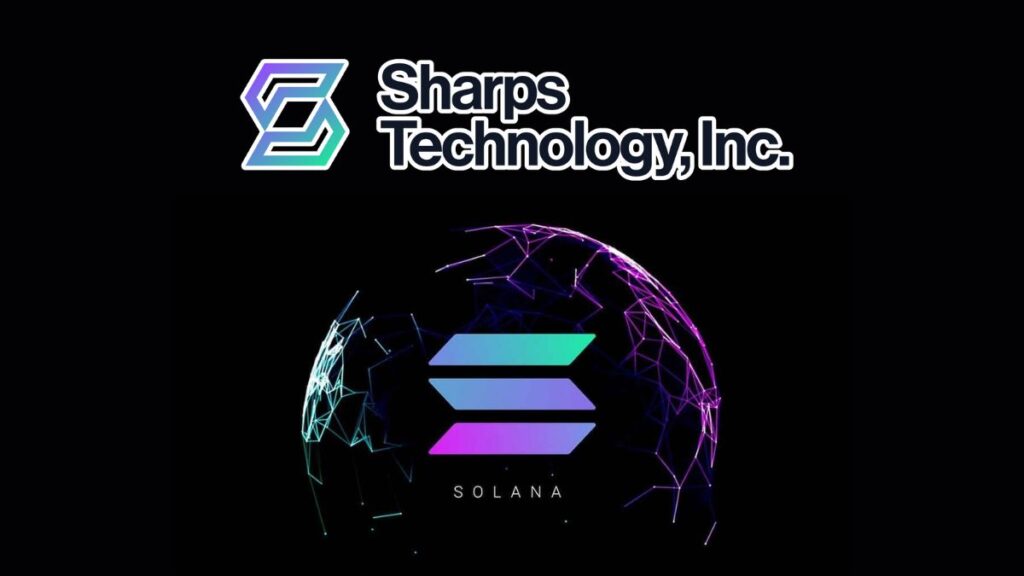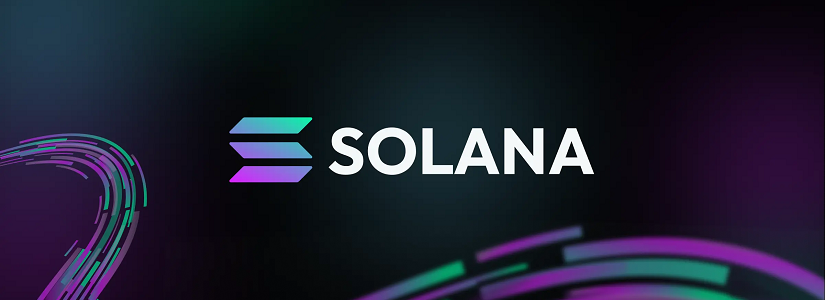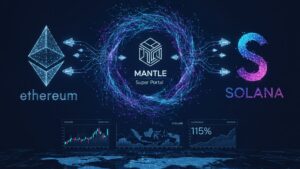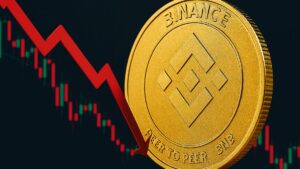TL;DR
- Sharps Technology launched a $100 million buyback plan to stabilize its market value and strengthen investor confidence.
- The company holds 2.14M SOL, partly allocated to staking, and clarified it will not liquidate those crypto reserves to fund the buyback.
- SOL climbed to $225, driven by DeFi activity and USDC liquidity.
Sharps Technology has announced a share repurchase program capped at around $100 million, aimed at stabilizing its market capitalization and signaling confidence to the market.
The program will be carried out through open market purchases and private transactions, a flexible structure that allows the company to adjust volumes depending on trading conditions. At present, its shares are priced around $6.78, among the lowest levels of the past six months.
The plan does not involve any change to the company’s digital treasury. Sharps holds more than 2.14 million Solana (SOL) tokens, making it the second-largest corporate holder of Solana. This reserve is partly allocated to staking programs and will not be used to finance the buyback.
The company aims to dispel concerns about a potential liquidation of its crypto assets to support the plan, a fear that emerged in the market after some other firms with similar treasuries saw their stock prices fall by as much as 85%.
Sharps Seeks to Preserve Its Solana (SOL) Holdings
For the Solana ecosystem, price dynamics are not directly tied to corporate holdings. After a moderate pullback in September, SOL rebounded and reached $225, fueled by the growth of DeFi activity, increased stablecoin liquidity, and the expansion of lending platforms and decentralized exchanges.
The capitalization of Solana-based stablecoins surpassed $14.38 billion, with USDC as the main driver. This flow helps sustain the network and acts as a buffer against secondary market swings in crypto-related stocks.
Sharps also continues to run its pharmaceutical business, which generated revenue in August and remains the company’s core operation. The buyback plan is part of a strategy to protect shareholder value while maintaining exposure to the crypto market. The company cautions, however, that executing this program carries certain risks, including Solana’s volatility, potential regulatory changes, competitive pressures, and the impact of macroeconomic conditions












